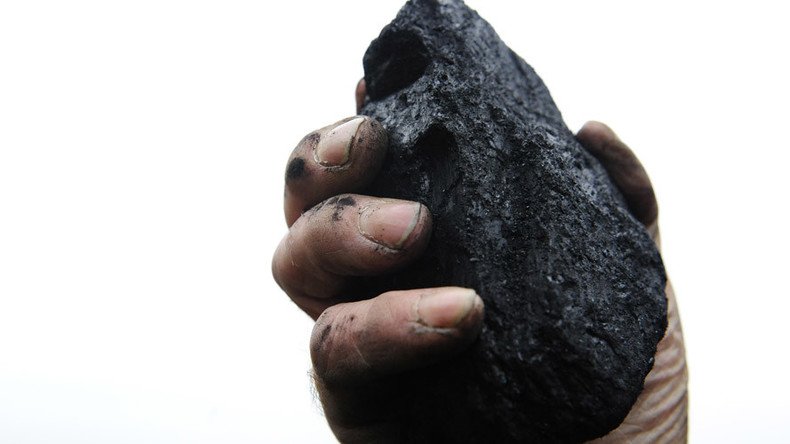Farewell fossil fuels? Biomass broken down without chemicals for 1st time, study claims

Scientists have made a huge leap in lessening our dependence on fossil fuels, managing to break down raw biomass without using chemicals for the very first time. The result was record high amounts of clean liquid hydrocarbon fuel, according to a new study.
When dealing with the possibility of breaking down biomass, a substance known as lignin – one of the components in the woody material used to produce fossil fuel – has traditionally been seen as a challenge, as it is difficult to break down and convert into useful fuel. As such, it often requires high levels of energy or the use of chemicals.
To study this further, a team of scientists from the University of Manchester and East China University of Science and Technology stewed a catalyst – made up of the metal complex niobium phosphate, with small particles of platinum scattered across the surface – with raw wood sawdust for 20 hours at 190° Celsius (374° Fahrenheit) and a pressure of 50 atmospheres.
The catalyst was able to directly break down and convert into lignin. The result is encouraging for scientists, who believe it could be a first step in the process of converting biomass into fuel.
“The conversion of biomass into fuels typically requires separations and pre-treatments to the raw biomass, thus suffering high energy penalties,” study author Dr. Sihai Yang said in a statement.
However, he noted that “this catalyst showed exceptionally high activity in splitting the carbon-oxygen bonds, the most challenging step in the conversion of lignocellulosic biomass.”
“This new catalytic process can therefore directly convert raw biomass to liquid fuels without separations or chemical pre-treatments, leading to significant potential energy savings,” Yang said.
The production of biomass offers an energy alternative that is almost carbon neutral, since the carbon dioxide used is recycled in plant photosynthesis.
The study was published in the journal Nature Communications on Thursday.
Environmentalists argue that fossil fuels are extremely damaging to the environment, and have urged for the vast majority of such resources to be kept underground in order to prevent climate change.













